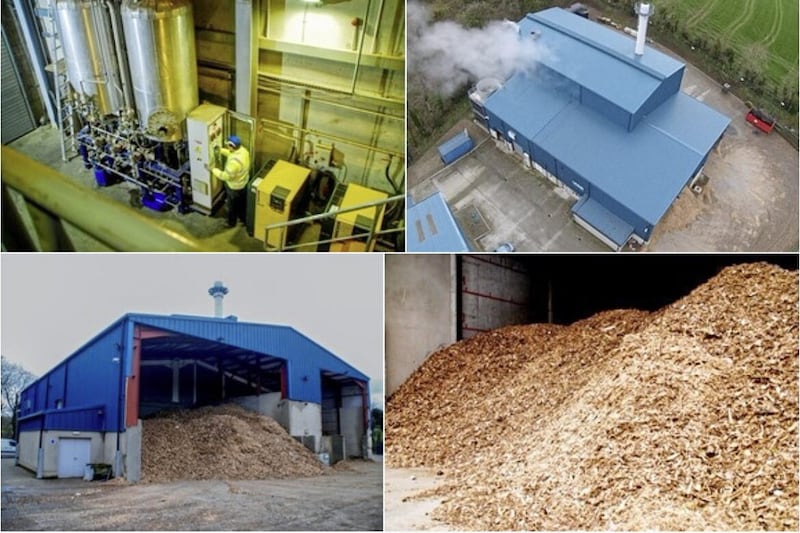DUBLIN waste management company Beauparc has paid an undisclosed sum to acquire Tyrone Energy's biomass power station at Artigarvan, outside Strabane.
Operating since 2012, Tyrone Energy's power station was the north's first large scale 'wood to energy' plant, and it processes 25,000 tonnes of wood a year as its biomass fuel.
Taking wood from a variety of sustainable sources in Ireland and the UK, the plant can generate 2.1 MW of electricity annually, which is enough to power the entire village of Artigarvan.
Under the terms of the deal, Tyrone Energy's existing senior management team will remain within the business.
Its general manager Andy Luke will work alongside Beauparc's management team to further develop innovative opportunities of generating energy from waste.
The Tyrone deal is Beauparc's sixth acquisition in the last year after it bought Acumen Waste Services, B&M Waste, Exomex, Kollect and JWS. It also already owns consumer brands Panda, Greenstar and Panda Energy.
Beauparc's international operation of leading brands spans three countries and operates from 54 facilities in Ireland, the UK and the Netherlands, delivering domestic and commercial waste management, recycling collection and processing, logistics, green fuels, energy recovery, and renewable energy supply solutions.
Its chief executive Brian McCabe said that Tyrone Energy fits the company's appetite for innovative sustainable energy projects that contribute to the transition to a low carbon economy.
“Its energy from waste station provides an essential outlet for waste that would otherwise be sent to landfill, converting it into sustainable electricity. The business has a proven record of excellence, and we look forward to working with its current team,” he said.
Around £3.6 million of grant aid has previously been invested in Tyrone Energy under the European Regional Development Fund, which is helping the region meet its long-term target of achieving a 60 per cent reduction in carbon dioxide emissions by 2050.



